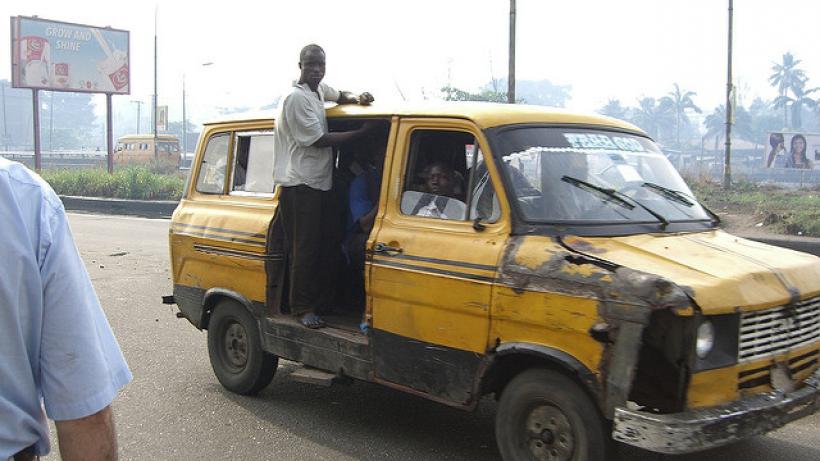
Informal transportation systems in rapidly growing cities
Across many developing cities, policymakers are increasingly looking to upgrade and modernize existing transport systems in an effort to meet the growing needs of rapidly expanding populations. For instance, in Lagos, Governor Ambode aims to phase out the use of danfo minibuses and replace them with high capacity buses that can operate on Bus Rapid Transit lines. Reactions to such policies from citizens are mixed, with some strongly supportive and others emphasizing the important role minibuses play in improving urban mobility. As such, policymakers in rapidly growing cities face some key questions relating to informal transportation services:
-What role do existing informal transport systems play in improving the livability and productivity of cities? How do they contribute to the downsides of density in cities?
-How can, and has, regulation of informal transport in cities improved mobility services? How can this be done effectively?
-At what stage should cities be investing in more formal high capacity public transport systems, and what are the conditions needed for this to improve urban mobility? What does this mean for existing informal systems of transport?
As part II of the Oxford Urbanists/IGC-Cities that Work panel series, this discussion brings together researchers from different disciplines to explore where research and policy experience can inform these questions for future decision making.
Chair
Priya Manwaring - Cities Economist, IGC London Hub, Research Programme
Speakers
Paul Collier - Director, IGC
Tim Schwanen - Director, Transport Studies Unit
Clemence Cavoli - Research Associate, Centre for Transport Studies
You can read more about the event here.


